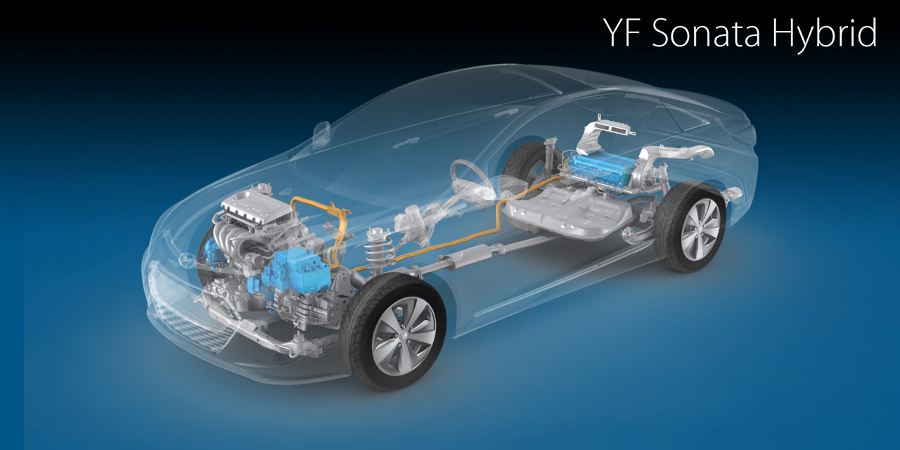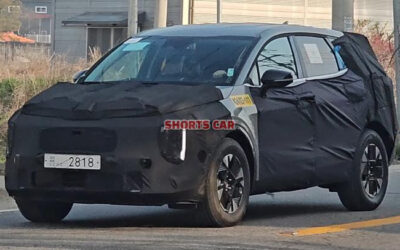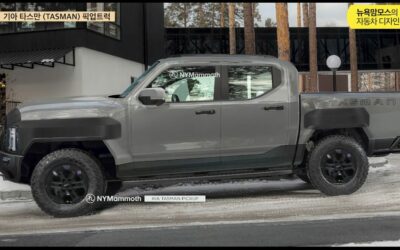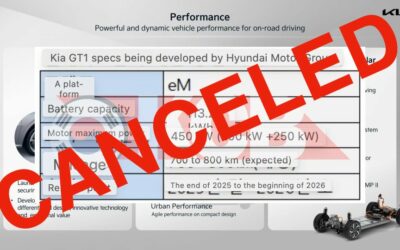Hyundai today added to its Sonata Hybrid coverage a Lifetime Battery Replacement Guarantee to expand the benefits of Hyundai Assurance, the industry’s most comprehensive warranty program. The coverage applies to all 2012 model year Sonata Hybrid models over the life expectancy of the vehicle and thousands of miles beyond the average duration of new-car ownership.
The first-of-its-kind protection ensures that if the Sonata Hybrid lithium polymer battery technology failes, Hyundai will replace the battery and cover recycling costs for the old powerplant free of charge to the owner. Hyundai tested Sonata Hybrid and its Blue Drive hybrid drivetrain for more than 300,000 miles with minimal degradation of its output or duration of operation, providing Sonata Hybrid owners with confidence that their investment will continue to pay dividends well into the future.
“The Hyundai brand was built on outstanding quality backed by the industry’s best protection program which we call Hyundai Assurance,” said Michael O’Brien, vice president, Corporate and Product Planning. “Expanding Hyundai Assurance to include Lifetime Battery Replacement Guarantee was another opportunity for us to demonstrate our confidence in the durability of our product, and pass that peace-of-mind on to our owners.”
The heart of Hyundai’s breakthrough Hybrid Blue Drive technology is its remarkable lithium polymer batter pack. Hyundai is the first automaker in the world to incorporate this remarkably efficient battery technology into production vehicles. Automotive duty cycles, with temperature ranges from -40 to 120+ degrees Fahrenheit, and 10-year-and-beyond longevity requirements render the lithium ion batteries used in consumer devices unsuitable. Lithium polymer is the next generation of lithium ion technology and is ideally suited to automotive applications thanks to a robust and reliable chemistry.
The lithium polymers cells, developed with our partner LG Chem, use a manganese spinel chemistry that provides an excellent balance between power delivery, energy density and thermal stability. Thermal stability is critical to ensuring durability eliminating the need to replace the battery pack during the normal lifespan of the vehicle. The electrodes in older lithium ion chemistries expand and contract with the heating and cooling that occurs during charging and discharging.
This thermal expansion causes cracks in the electrodes which ultimately reduces the cell’s ability to hold a charge. Manganese spinel lithium polymer cells have much lower expansion rates and are thus able to go through tens of thousands of charge cycles even without having to use a heavier, liquid cooling system.
[miniflickr photoset_id=72157625490259161&sortby=date-posted-asc&per_page=26]






